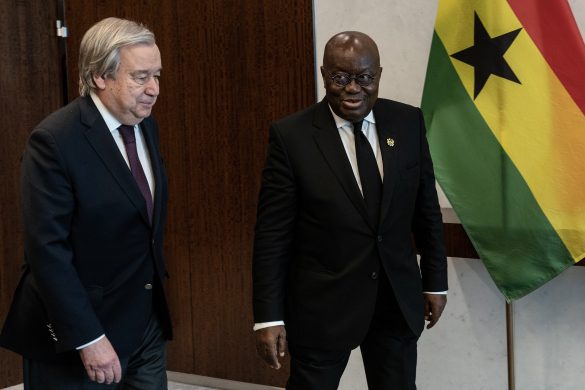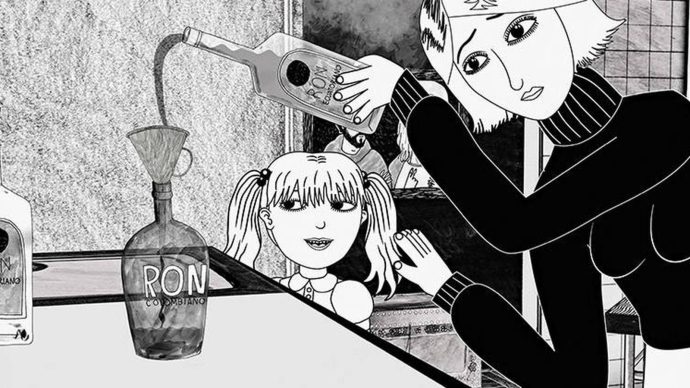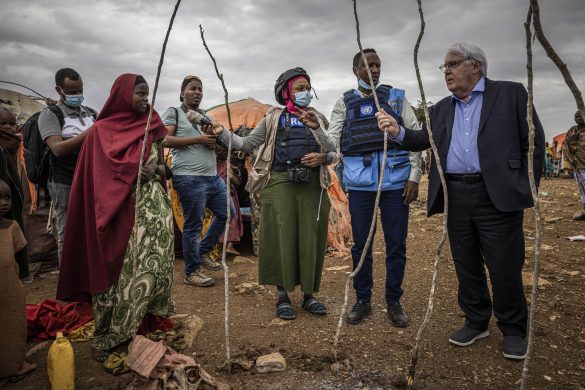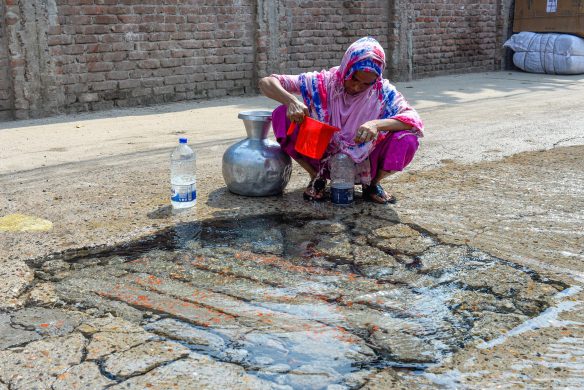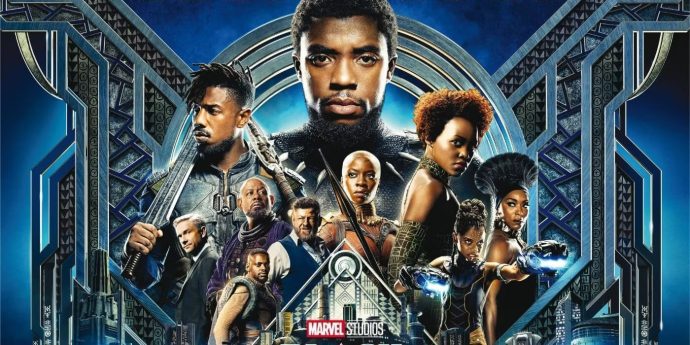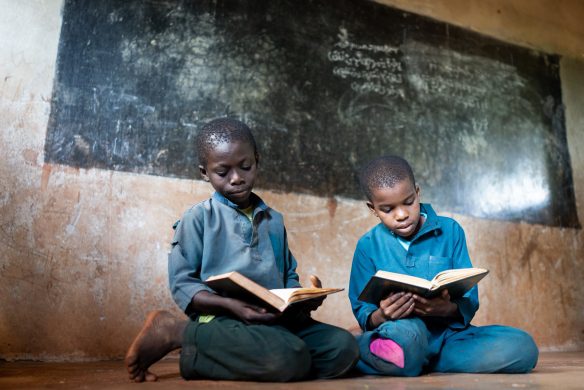The World Bank Board of Executive Directors has just approved the First Programmatic Reform Loan for Environmental Sustainability, in the amount of 505 million US dollar (3,08 milliarder DKR), to support Brazils goal of balancing economic growth with social development and the maintenance and improvement of environmental quality.
In line with the Banks Country Assistance Strategy (CAS) for Brazil, the loan seeks to contribute to a more sustainable Brazil, helping to reduce poverty and achieve a higher quality of life in rural and urban areas and building on the countrys comparative advantage in natural resources while helping conserve them.
– One of the most important features of the Governments environmental strategy, recognized and supported by this loan, is its strong focus on involving all relevant players around key issues in the sector, something unprecedented in Brazil, said Marina Silva, Brazils Environment Minister.
In few countries is the national environment as crucial to development and peoples welfare as in Brazil. Brazil has one third of the worlds tropical rain forests, the largest reservoir of fresh water (20 percent), one of the longest coastal lines with over 8.500 km, and the savanna with the highest biodiversity in the world.
A significant part of Brazils economy relies on the use of natural resources for production inputs or to store waste. Despite the importance of its natural resource base, Brazil faces major challenges to reverse a trend of unsustainable use of its natural resources.
Over the past two decades Brazil has done a great deal to improve environmental management at both the national and sub-national levels.
The loan recognizes the current administrations efforts and achievements to better integrate environmental objectives with social and economic ones, including policy and institutional changes leading to more effective environmental management and the improvement of environmental conditions in the medium and long term. The loan will not generate additional spending on the part of the Government and will support the countrys external currency needs.
Overall, the program aims to help increase the efficiency and effectiveness of Brazils environmental management system (SINAMA), and mainstream environmental and sustainable use of natural resources in the governments policy decisions, especially in economic planning.
– The costs to society from environmental destruction are high, rough estimates placing them at as much as 4 per cent of the countrys GDP, said Vinod Thomas, World Bank Director for Brazil. – The gains to society from environmental protection accrue especially to the poor, because their incomes are primarily derived from environmental assets.
Improving environmental management, monitoring and regulation
The loan supports fundamental first steps by the Government to modernize the environmental management system in light of the broader growth agenda, improvements in the business environment, and better quality of life for Brazilians.
The set of policy and institutional reforms covered by the loan are based on the Governments Environmental Reform Agenda and Multi-Year Plan (PPA) and include:
1) increasing the transparency and social control of the environmental management system (SISNAMA);
2) improving the effectiveness of SISNAMA through better coordination and clearer definition of responsibilities among the three levels of government;
3) promoting sustainable development in the Amazon and the protection of other key ecosystems; and
4) improving water resources management through increased decentralization, improved local management and increased financial autonomy.
The loan has also promoted a process for bridging the gap between the views of various sectors in government, the private sector, and civil society in a way that will facilitate the modernization of SISNAMA and open the way for the mainstreaming of environmental issues in the Government.
Mainstreaming environmental issues in governmental policy
A second focus of the loan is the “mainstreaming” of environmental concerns in and with other sectors. Poor integration of environmental policies in sector and macroeconomic policies often causes environmental aspects to be considered too late in project planning and sector policy design, leading to high social and economic costs for the country.
Highlighting the upstream inclusion of environmental sustainability concerns in sector policies and programs, six important sector ministries (Finance, Mines and Energy, Agrarian Development, National Integration, Cities and Tourism), in addition to the Environment, signed the loans Letter of Development Policy.
The initial priority themes for mainstreaming include support for environmentally sustainable development in the Amazon, urban planning, regional land use and development planning, fiscal and financial policies, licensing for energy and infrastructure, agrarian reform and eco-tourism.
– There are many win-win opportunities for policies that are good for the poor, the environment, and growth, said Luiz Gabriel Azevedo, World Bank Sector Leader for Environmentally and Socially Sustainable Development and Task Manager of the Program, adding: – They will depend on the capacity of ministries and other economic sectors to incorporate environmental considerations in their sector and macro policies.
The loan approved on August 24. is the first of a program of three loans over a four-year period, totaling up to 1,2 billion US dollar.
The loans complement existing programmatic approaches involving both investment and capacity building in key priority areas such as public sector environmental management at the national and sub-national levels. Two technical assistance projects will help develop Government capacity for the second and third phases of the program.
This fixed-spread loan in US dollars has a repayment period of 17 years, including five years of grace.
The World Banks current investment portfolio in Brazil includes 50 projects, totaling more than 4,5 billion US dollar in commitments. Since 1949, the Bank has made more than 300 loans and invested more than 33 billion dollar to promote poverty reduction, social and economic development in Brazil.
Kilde: www.worldbank.org









